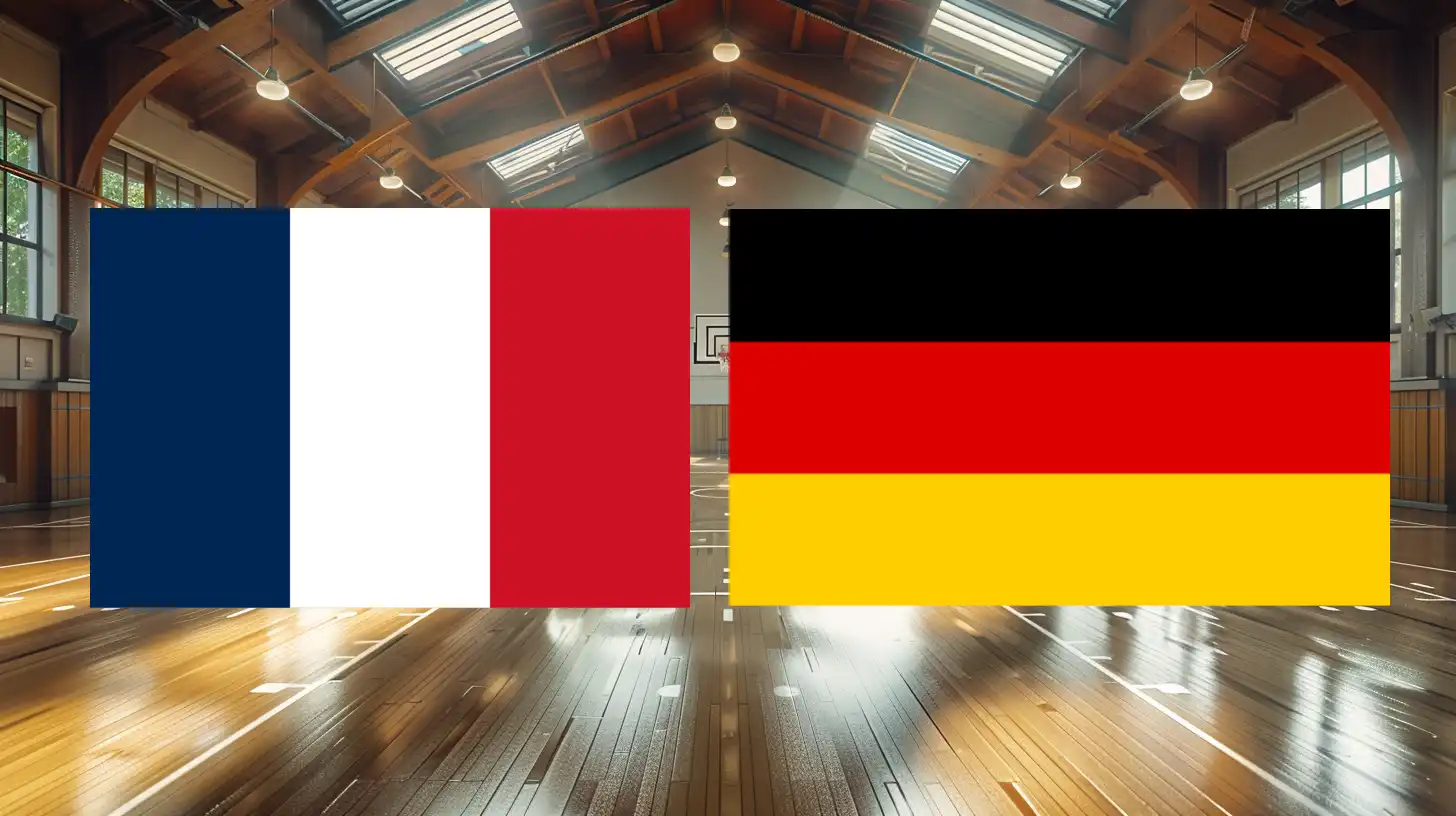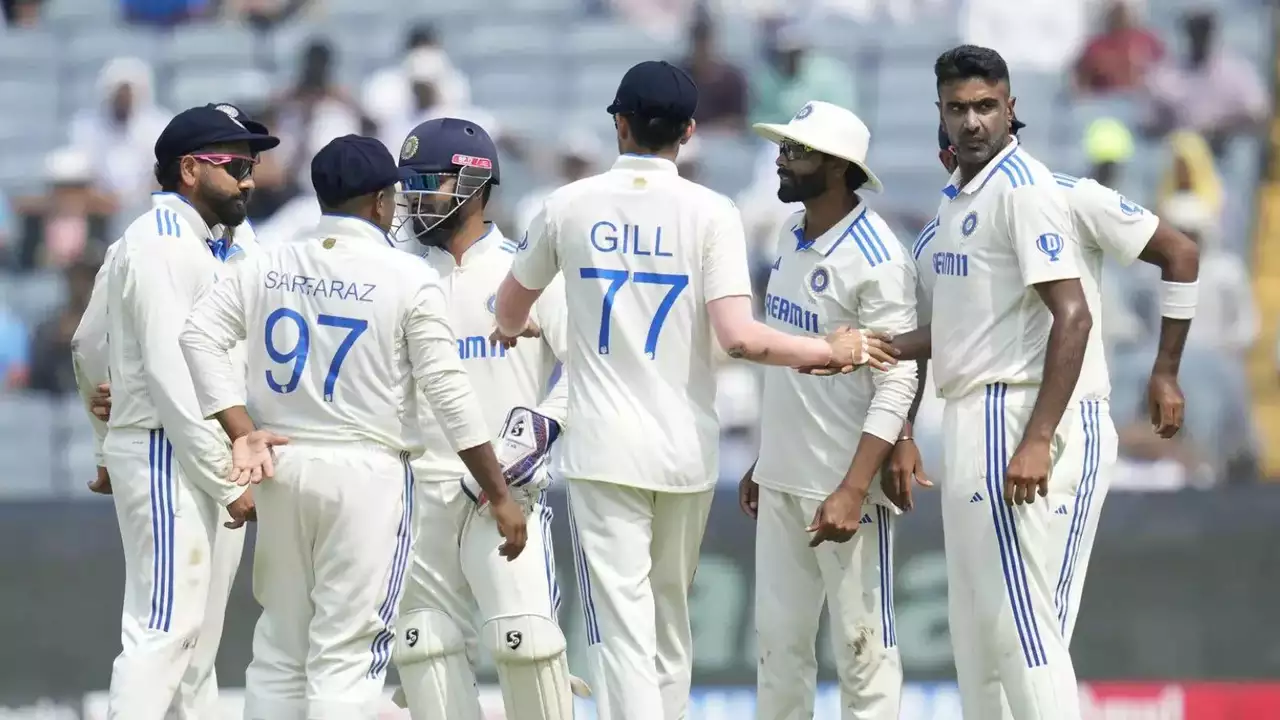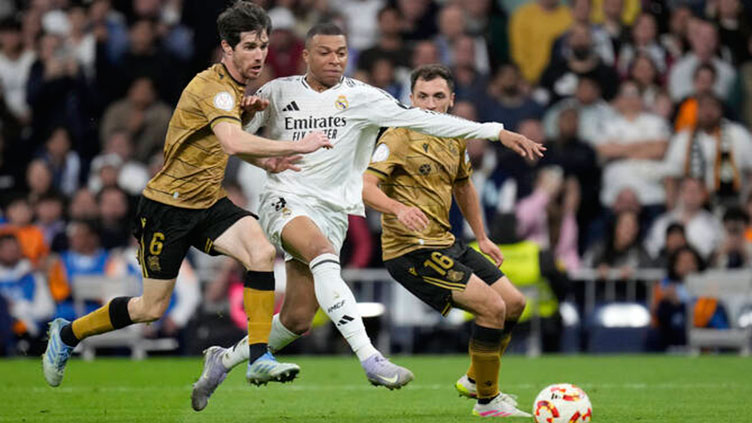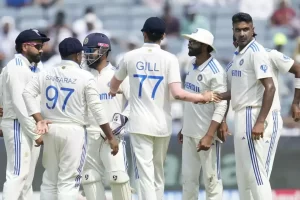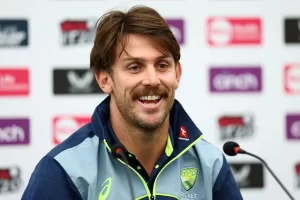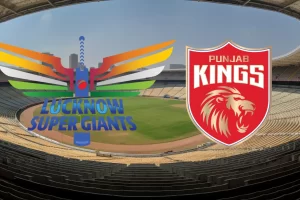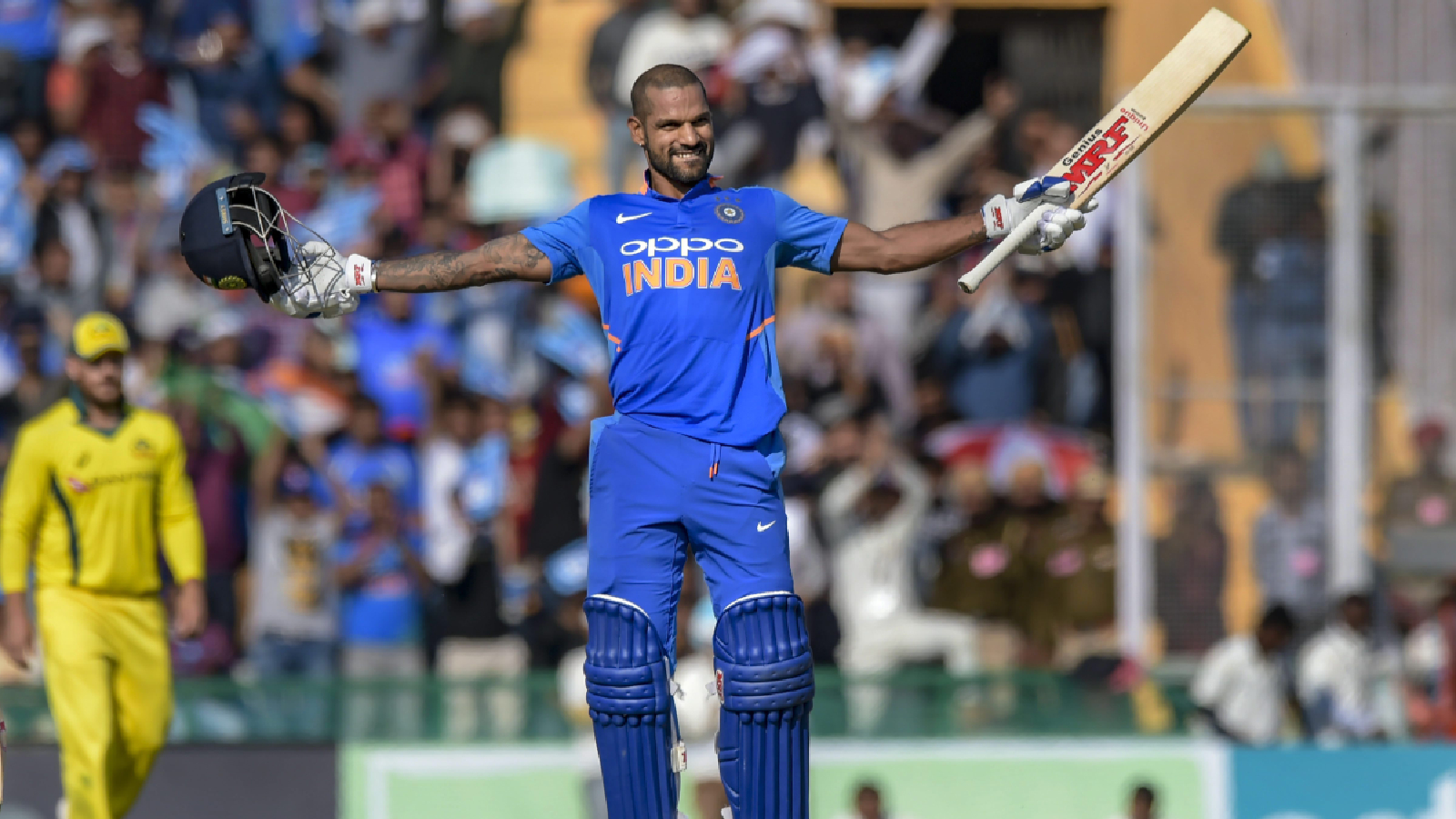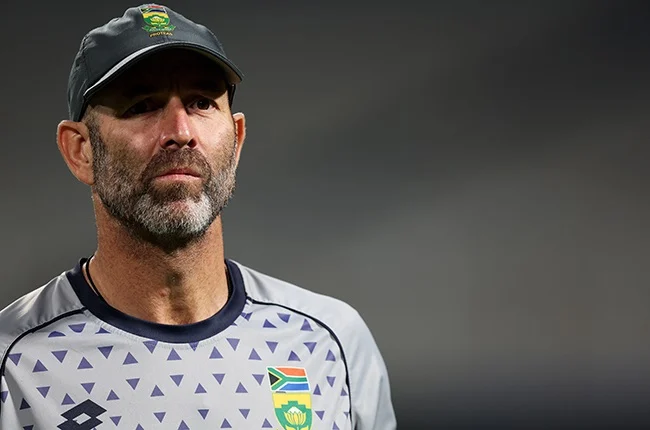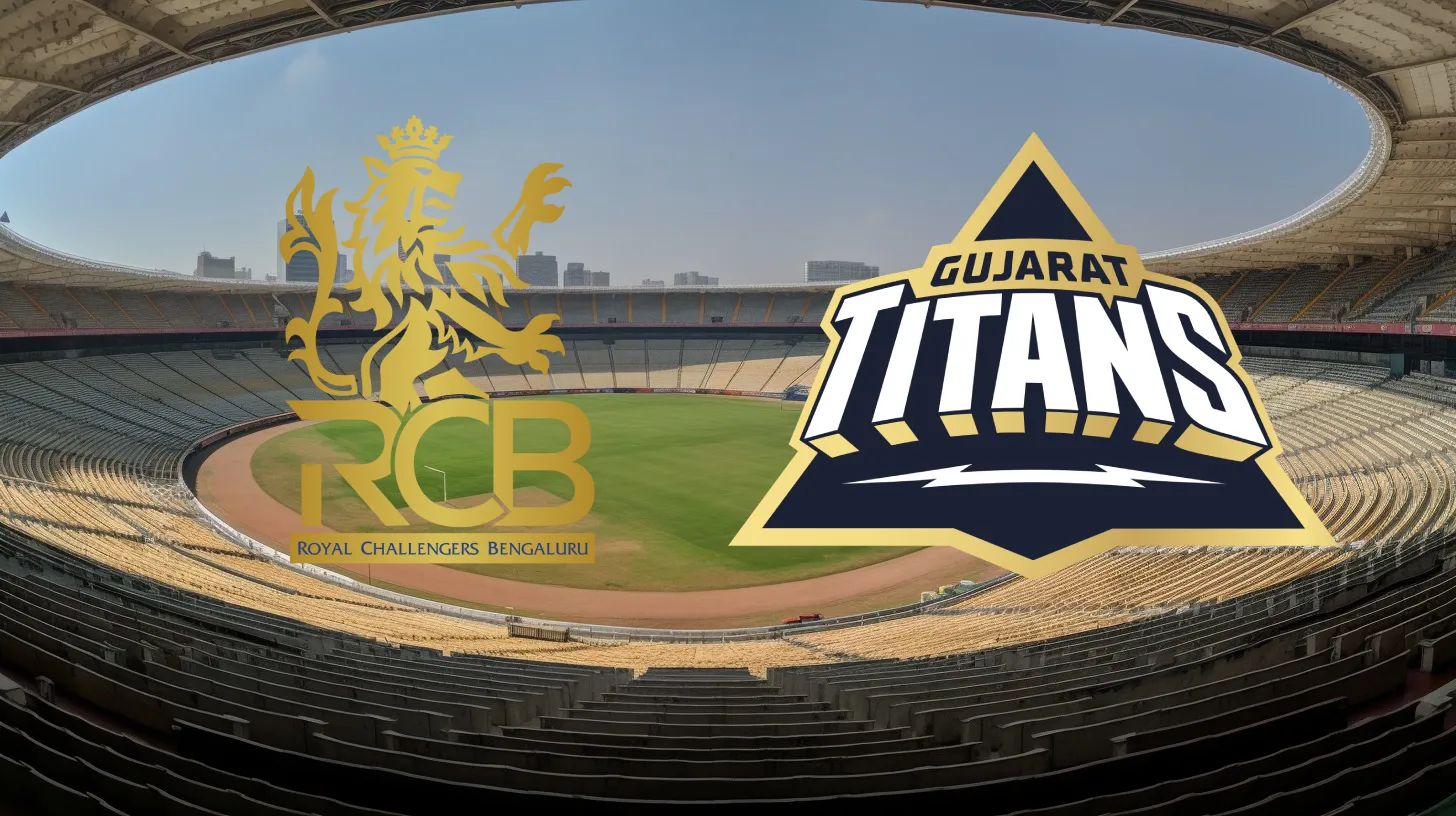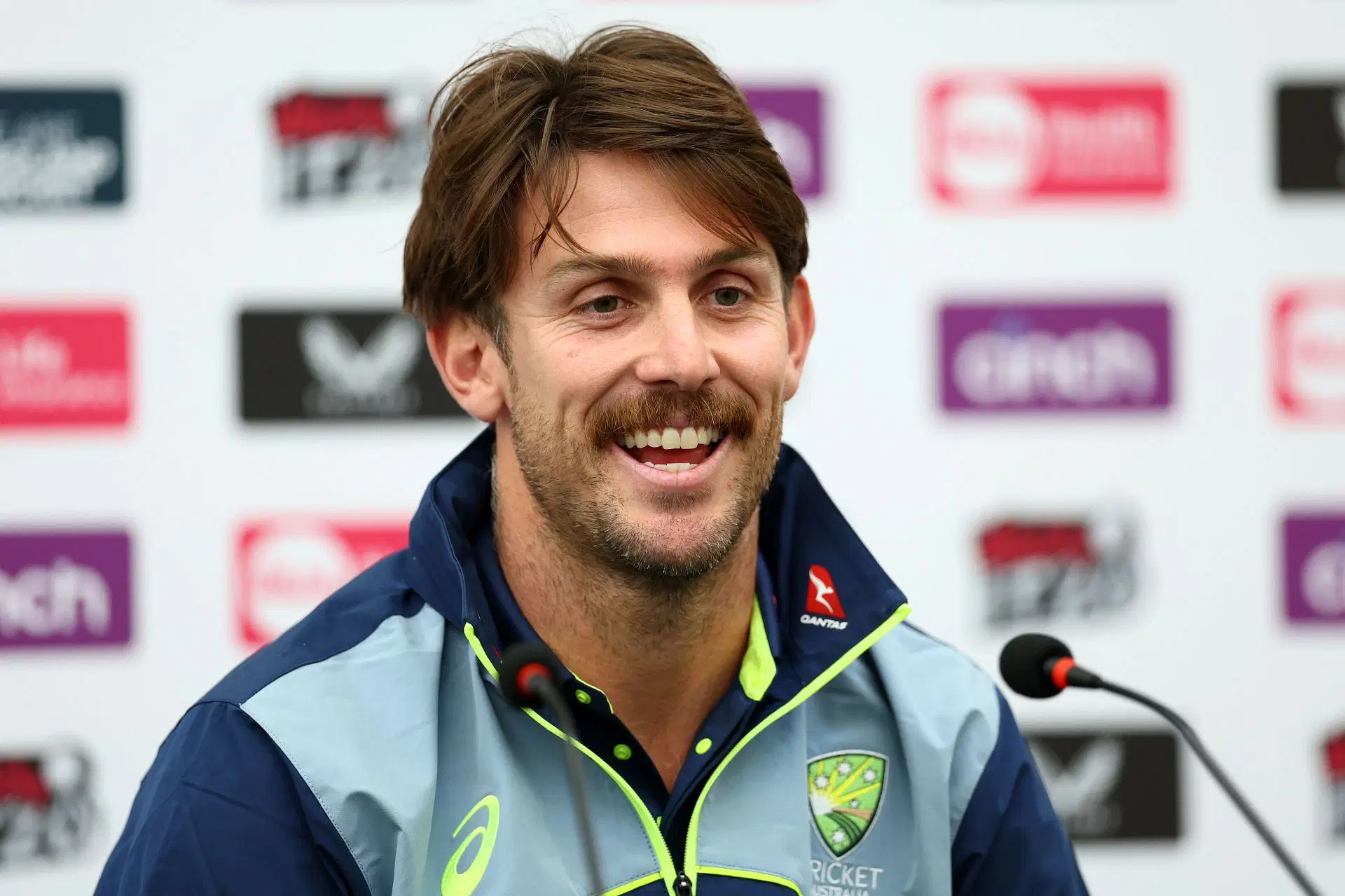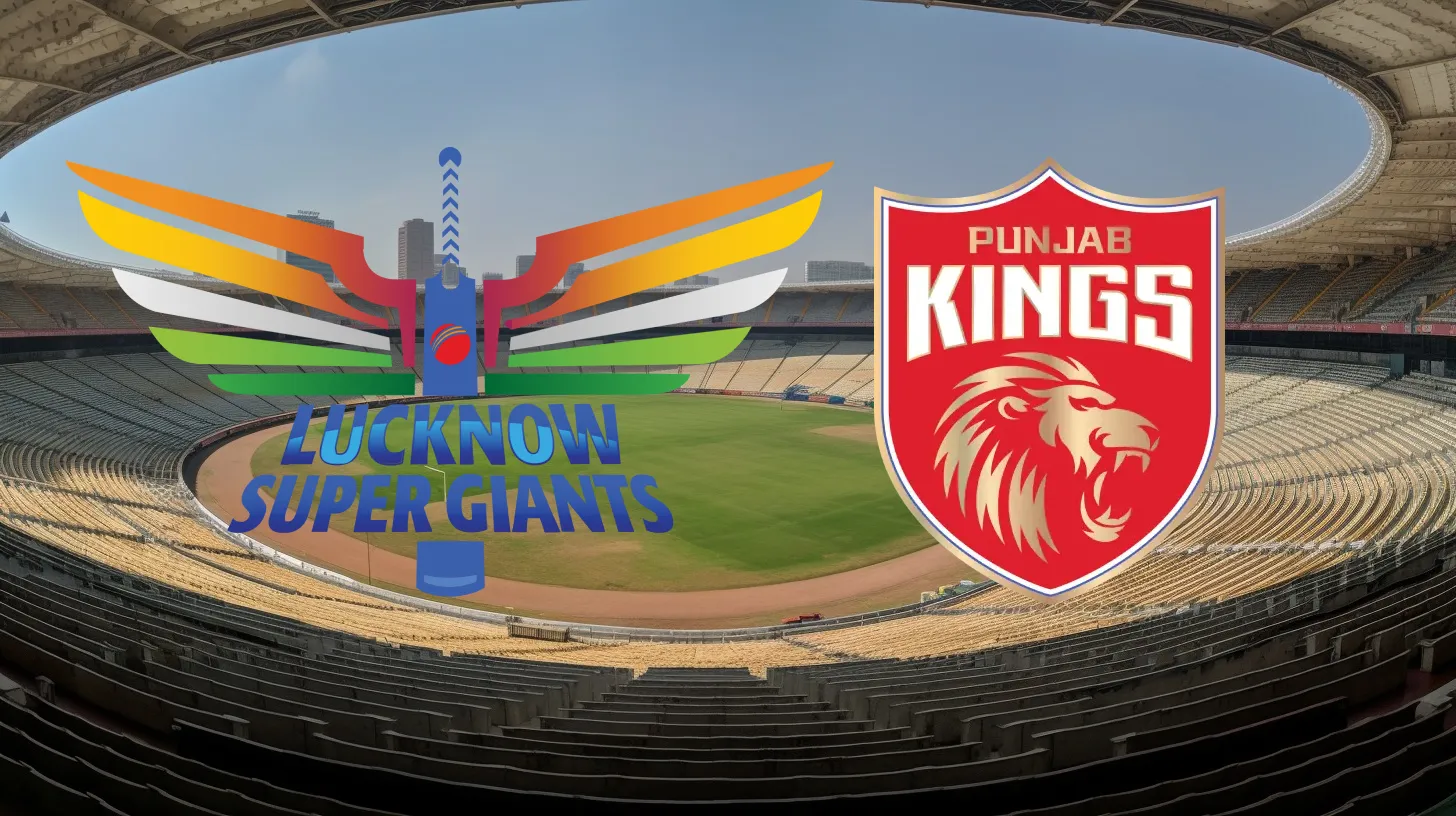Shikhar Dhawan’s return to competitive cricket in the Nepal Premier League (NPL) has reignited discussions about his illustrious career and the policies governing Indian cricket. Despite his participation in the NPL, Shikhar Dhawan remains ineligible to play in the Indian Premier League (IPL) or any other BCCI-regulated competitions due to strict rules enforced by the Board of Control for Cricket in India (BCCI). This article delves into the reasons behind Dhawan’s exclusion and its broader implications for Indian cricket.
The Nepal Premier League: A New Chapter for Shikhar Dhawan
The inaugural Nepal Premier League kicked off on November 30, 2024, in Kirtipur, Kathmandu, aiming to elevate cricket in Nepal to an international standard. Shikhar Dhawan, a prominent figure in Indian cricket, joined the Karnali Yaks, marking his return to competitive cricket post-retirement.
Dhawan’s cricketing journey includes an impressive record:
- 34 Tests, where he was known for his explosive starts as an opener.
- 167 ODIs, cementing his status as one of India’s most dependable white-ball players.
- 68 T20Is, contributing significantly to India’s dominance in the shortest format.
- Second-highest run-scorer in IPL history, a testament to his consistency and prowess.
After captaining the Punjab Kings during the 2024 IPL, an injury prematurely ended his season, which also became his final IPL stint. Following his retirement, Dhawan transitioned to leagues outside India, a move governed by the BCCI’s policies.
BCCI Rules on Foreign League Participation
The BCCI enforces stringent rules prohibiting active Indian players from participating in overseas cricket leagues. These policies are designed to:
- Preserve the exclusivity of the IPL, maintaining its status as the premier T20 league globally.
- Protect domestic cricket, such as the Ranji Trophy and Syed Mushtaq Ali Trophy, ensuring they remain robust and competitive.
Key BCCI Policy Points:
- Any Indian player who participates in a foreign T20 league becomes ineligible to play in BCCI-organized competitions, including the IPL.
- Players must formally retire from Indian cricket to gain clearance for overseas leagues.
This policy affected not only Shikhar Dhawan but also other prominent Indian cricketers like Robin Uthappa, Yusuf Pathan, and Ambati Rayudu, who joined leagues like ILT20 post-retirement.
Shikhar Dhawan’s Post-Retirement Career
Dhawan’s decision to play in the NPL reflects his desire to continue contributing to cricket, albeit outside the BCCI’s jurisdiction. The Karnali Yaks have benefitted from his experience and leadership, inspiring younger players in Nepal and attracting international attention to the league.
This trend mirrors similar moves by other retired Indian cricketers:
- Dinesh Karthik, set to represent the Paarl Royals in SA 20 in January 2025.
- Robin Uthappa and Yusuf Pathan, who joined ILT20 after retiring.
These transitions highlight a growing inclination among retired players to explore opportunities in emerging cricket markets.
Implications for Indian Cricket
1. Talent Migration to Foreign Leagues
The BCCI’s policy prevents active players from exploring international leagues, which could stifle opportunities for Indian cricketers to gain diverse experiences. However, it also ensures that top talent remains available for domestic tournaments.
2. Boost for Emerging Cricket Nations
Retired Indian players joining leagues in Nepal, the UAE, and South Africa help these nations improve their cricketing infrastructure and competitiveness.
3. Strengthened IPL Exclusivity
By restricting active players to the IPL, the BCCI safeguards its commercial interests and ensures the tournament retains its status as the most competitive T20 league globally.
Future Outlook: Will Policies Evolve?
As cricket grows globally, the BCCI may face increasing pressure to reassess its policies, especially with leagues in Nepal and the UAE gaining traction. While the current framework prioritizes India’s domestic cricket ecosystem, evolving market dynamics and player preferences may prompt changes in the future.
Conclusion
Shikhar Dhawan’s participation in the Nepal Premier League underscores his enduring passion for cricket and the expanding opportunities for retired Indian players. While the BCCI’s rules ensure the IPL and domestic competitions retain their prominence, they also limit active players’ global exposure. As cricket continues to evolve, balancing tradition and innovation will remain a challenge for Indian cricket authorities.

